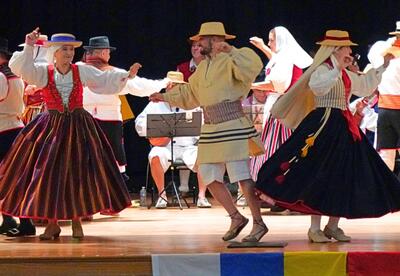Nunez Careers
Classified and Unclassified
The state constitution defines the “state civil service” as everyone employed by a state agency or by a joint state/federal or state/local agency, “regardless of the source of funds used to pay for such employment.” The only exception is commissioned State Police officers, who are in a separate civil service system.
The constitution divides the state civil service into “classified” and “unclassified” employees and states that “Persons not included in the unclassified service are in the classified service.” The constitution designates certain specific categories of employees as unclassified and gives the State Civil Service Commission the authority to designate other positions as unclassified as it deems appropriate.
HR Impact and the Difference
Classified positions and the employees who serve in them are subject to the provisions of the Civil Service Rules. This means that Classified Employees:
- Must be hired in an open, competitive manner prescribed by SCS;
- Must meet statewide minimum qualification standards set by SCS;
- Must be paid in accordance with the rules;
- May only be disciplined (for cause) or removed after being provided due process; and
- May NOT participate in political activities related to the support of any political candidate, party or faction at any level of government, including federal or local, as well as state.
Whereas Unclassified Employees:
- May participate in political activities;
- May be separated without cause or due process; and
- Serves at the pleasure of the appointing authority, i.e. they are “at will” employees.
How to Apply:
Student Workers
Enrollment Requirement
- All students seeking employment at Nunez Community College must be registered students.
- If a student enrolls for the semester but is administratively withdrawn by the college or chooses to withdraw, it is the student’s responsibility to notify his or her supervisor of this change in status. Failure to do so will result in recovery of financial aid funds and may be cause to place the student on financial aid probation for future work study positions.
Student Hours/Attendance
- Students may work no more than 20 hours per week if Title IV, and no more than 29 hours per week if college-paid during the fall, spring, and summer semesters.
- Students are not allowed to work during their scheduled class hours. If a class period is cancelled, it is advised that the student use this time to study for the next period. If it is determined that a student violated this policy the Office of Financial Aid will determine the appropriate disciplinary action.
- Students must take a lunch break if they are working all day. If a student works more than four consecutive hours, a 15-minute break should be allowed.
- Students are not allowed to work over eight (8) hours in one day. If a student will be working for the entire day, which consists of nine (9) hours, the student must take a lunch break of one (1) hour. If the student is working eight and one-half hours (8.5), the student must take a thirty minute (.5 hour) lunch break.
Overall Good Standing
- All student employees are required to be in overall good standing in the College. Failure to maintain overall good standing will result in termination of employment. Overall academic standing means not on academic probation or academic suspension, does not owe any money or property to the College, and does not have any disciplinary sanctions.
.png)



